Search the Special Collections and Archives Portal
Search Results
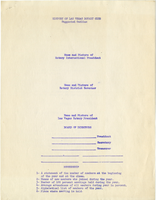
History of Las Vegas Rotary Club Outline
Date
Archival Collection
Description
Text
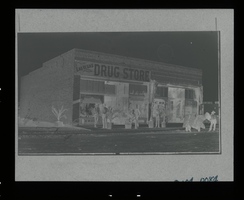
Photograph of the exterior of the Las Vegas Drug Store, Las Vegas (Nev.), 1905-1906
Date
Archival Collection
Description
Image
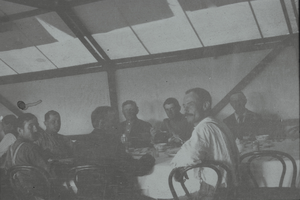
Slide of Hotel Las Vegas, Las Vegas, circa 1905
Date
Archival Collection
Description
Image
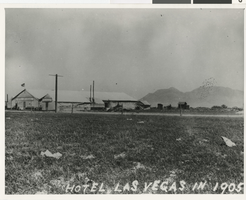
Photograph of Hotel Las Vegas, Las Vegas (Nev.), 1905
Date
Archival Collection
Description
Image
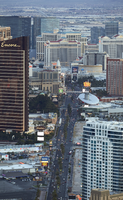
Las Vegas Strip, Las Vegas, Nevada: digital photograph
Date
Archival Collection
Description
Image
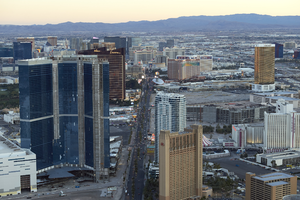
Las Vegas Strip, Las Vegas, Nevada: digital photograph
Date
Archival Collection
Description
Image

Film transparency of Las Vegas High School, Las Vegas, February 22, 1930
Date
Archival Collection
Description
Image
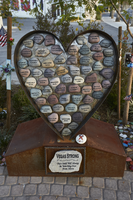
The "Vegas Strong" heart sculpture at the Las Vegas Community Healing Garden, looking south-southeast in Las Vegas, Nevada: digital photograph
Date
Archival Collection
Description
Following the October 1, 2017 killing of 58 people at the Route 91 Harvest Music Festival on the Las Vegas Strip, the Las Vegas community responded in a variety of ways. Envisioned by activists and built by volunteers, the City of Las Vegas established the Las Vegas Community Healing Garden at 1015 S. Casino Center Boulevard to honor the victims and give family members and the community a place to gather to remember.
Image
Las Vegas Founders Club Records
Identifier
Abstract
The Las Vegas Founders Club Records (1983-2013) consist mainly of photographic prints of players, general operations, and events surrounding golf tournaments in Las Vegas, Nevada. The tournaments include the Invensys Classic, Las Vegas Senior Classic, men's and women's Collegiate Championships, and the Las Vegas Invitational. Materials also include media press reports, newspaper and press clippings, and scrapbooks created by the Founders Club. The collection also contains digital photographs from various tournaments in Las Vegas.
Archival Collection

Letter from the Las Vegas Land and Water Company (Las Vegas), March 30, 1940
Date
Archival Collection
Description
Circular letter from the Las Vegas Land and Water Company endorsing City Ordinance No. 247
Text
